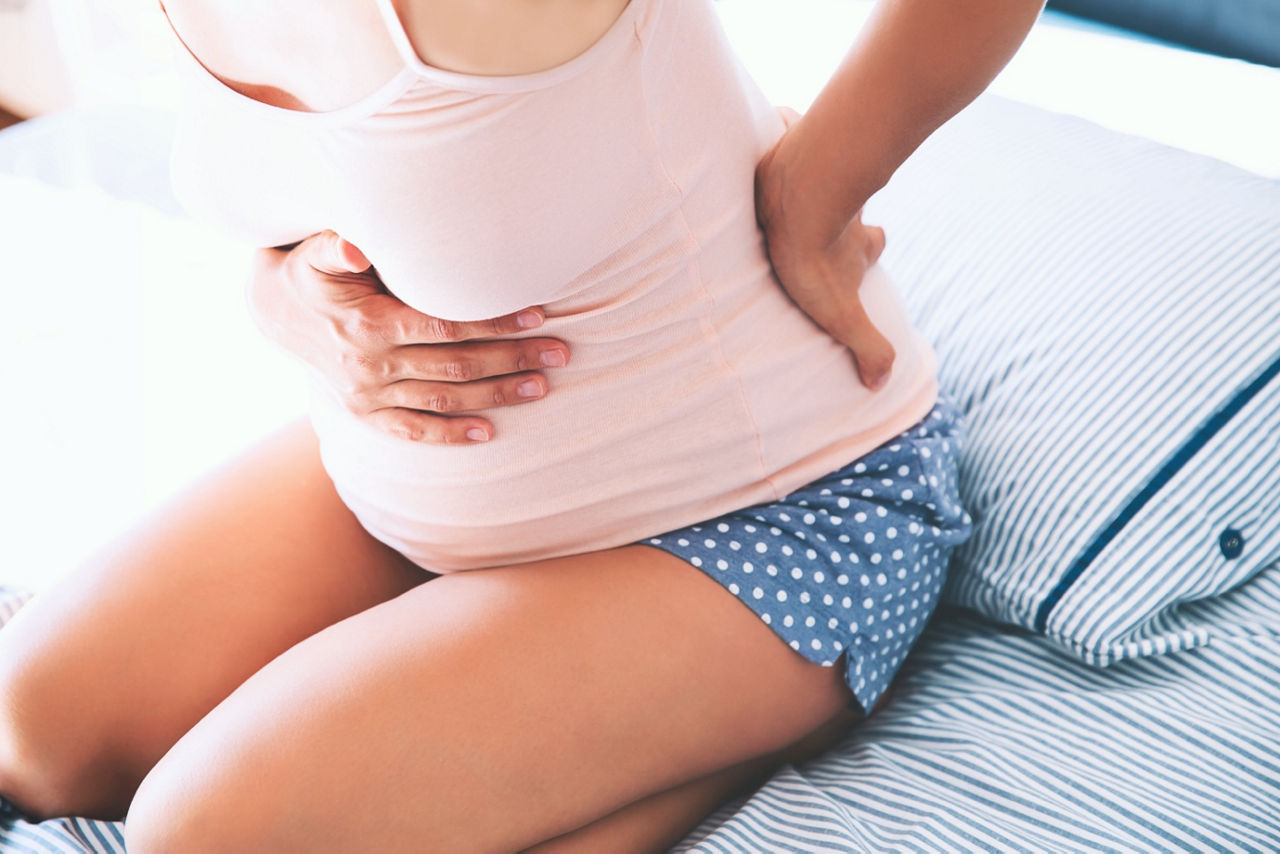Breastmilk is the best for babies. The World Health Organisation recommends exclusive breastfeeding for the first six months of life. Unnecessary introduction of bottle feeding or other food and drinks will have a negative impact on breastfeeding. After six months of age, infants should receive age-appropriate foods while breastfeeding continues for up to two years of age or beyond. Consult your doctor before deciding to use infant formula or if you have difficulty breastfeeding.
- Week 1
- Week 2
- Week 3
- Week 4
- Week 5
- Week 6
- Week 7
- Week 8
- Week 9
- Week 10
- Week 11
- Week 12
- Week 13
- Week 14
- Week 15
- Week 16
- Week 17
- Week 18
- Week 19
- Week 20
- Week 21
- Week 22
- Week 23
- Week 24
- Week 25
- Week 26
- Week 27
- Week 28
- Week 29
- Week 30
- Week 31
- Week 32
- Week 33
- Week 34
- Week 35
- Week 36
- Week 37
- Week 38
- Week 39
- Week 40
As magical as pregnancy is and as amazing as it is to watch your baby grow and feel those kicks, it’s not always a comfortable process, with constipation often adding to this discomfort.
An irregular digestive system is largely caused by high levels of progesterone, which cause the muscles in the wall of the bowel to relax, so that food and waste move slower through your body. As the uterus grows, it puts pressure on your intestines, which can also lead to constipation.
Other reasons for constipation include iron in your pregnancy supplements, and morning sickness which might cause you to not want to drink much water or eat fibre, which are good for the digestive system. Or perhaps you feel tired and do less exercise than you are used to?
If left untreated, constipation can lead to haemmorrhoids (piles) which can be painful and is quite common in pregnancy. To prevent this, and for your overall health and comfort, follow the tips below to help ease your constipation.
What to do if you’re constipated
- Eating fibre can help regulate your digestive system. You can choose one of these good sources of fibre to include daily - fruit, vegetables, wholegrains, bran, oats, nuts and seeds, potatoes and prunes or other dried fruit. It’s recommended to eat around 30g of fibre a day.
- Drink lots of fluid. Try to drink up to eight glasses of water a day (or if you like tea or soup too) – even if it means having to go and pee even more often! Even some decaffeinated coffee is okay and might even stimulate your bowels a bit.
- Exercise. Regular exercise that has been deemed safe during your pregnancy can get your bowels moving. It does not need to be heavy wight lifting, but a regular walk outside is good, also for your vitamin D level.
- Speak to your healthcare provider. If you still need it, speak to your healthcare professional about a fibre supplement. Laxatives or laxative teas are not recommended during pregnancy as they can cause cramps, diarrhoea, dehydration and uterine contractions.
How to ease stomachache when you’re constipated
- A gentle stomach massage can help you gently get your digestion going again. Warmth, for example from a hot water bottle or bath, can also help relieve abdominal pain. Physical activity such as walking may assist in regular bowel movement.
Our team of experts is ready and available 24/7 to chat and help you with your questions around pregnancy and constipation. Find us at 1800 266 9988.

Connect with our team of experts
We provide advice and support for you on your parenthood journey




